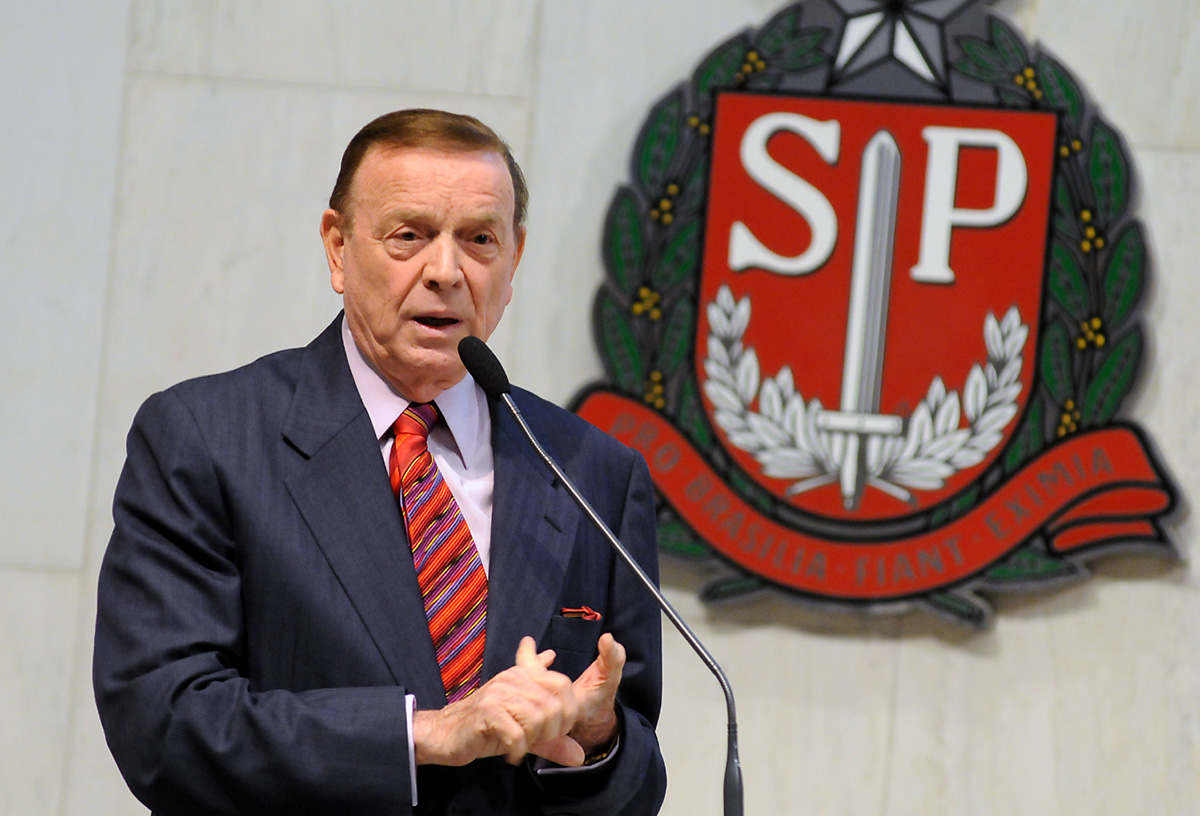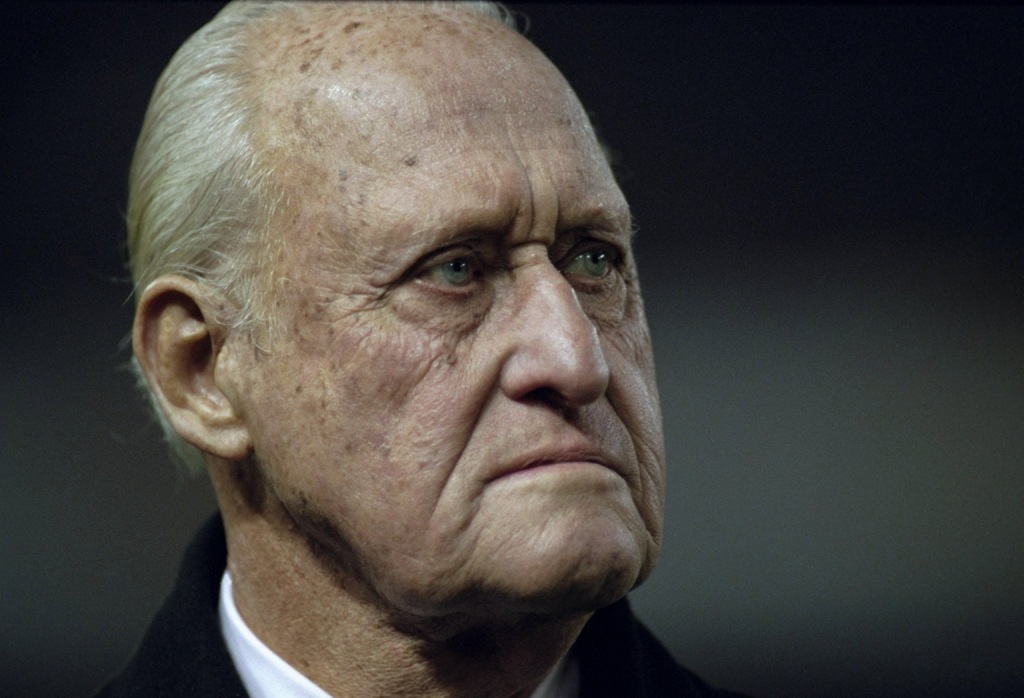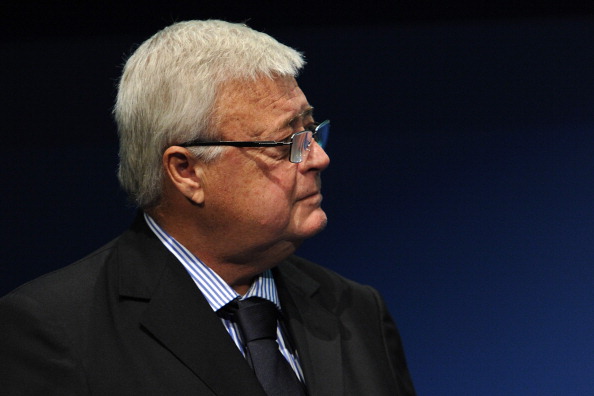By David Gold
March 12 – Ricardo Teixeira has resigned as head of the Brazilian Football Confederation (CBF) and the Organising Committee of the 2014 World Cup in Brazil, bringing to an end a controversial 23-year reign.
Teixeira last week took what was described as an indefinite medical leave of absence.
He has been under increasing pressure both at home and at FIFA as a fraud investigation into his affairs was carried out in Brazil.
Brazilian newspapers have alleged he was involved in money laundering relating to a friendly match between Brazil and Portugal in 2008.
Meanwhile, FIFA has been determined to publish documents relating to the collapse of its former marketing partner ISL in 2001, which are believed to reveal that Teixeira was one of four officials who took kickbacks from the organisation.
Teixeira’s resignation letter was on Monday read out by the man who will succeed him, José Maria Marin, who will continue as CBF President until 2015.
“I leave the CBF definitely with the feeling of accomplishment,” the letter read.
“Football in our country is associated with two things: talent and disorganisation.
“When we win, talent is praised.
“When we lose, it’s about disorganisation.
“I did what was within my reach, sacrificing my health.
“I was criticised in the losses and undervalued in the victories.”

Marin (pictured), at 79-years-old, is the oldest President of the CBF in its history, and he has taken over as head of the 2014 World Cup.
A former Governor of São Paulo, Marin is also a former President of the Pãulista Football Federation.
He attracted controversy himself back in January when he was caught on camera stealing a medal during a presentation ceremony to the victorious Corinthians side following the Copa São Paulo.
Teixeira enjoyed an increasingly frosty relationship in his last months with FIFA, particularly its general secretary Jérôme Valcke, who has been frustrated at the delays and problems with Brazil’s preparations for the 2014 World Cup.
Despite effectively knowing they’d host the tournament back in 2004 when the South American Football Confederation (CONMEBOL) backed the Brazilian bid for the World Cup under the brief ‘rotation’ experiment, Teixeira and Brazil 2014 have presided over numerous delays with the construction of stadia and other vital infrastructure.
Valcke had reportedly put pressure on Teixeira to relinquish his post as the head of Brazil 2014 and in December last year he brought in former Brazil forward Ronaldo.
Bebeto also recently joined the Organising Committee as Teixeira bowed to pressure to give up some of his powers as head of both the CBF and Brazil 2014.
Teixeira faced additional pressure at home from Brazilian President Dilma Rousseff, with whom his relationship was particularly cold, while he also had a long running and public dispute with legendary former player Pelé.
At the qualifying draw for the 2014 World Cup in Rio de Janeiro last year, Pelé was not invited after being snubbed by Teixeira and Rousseff was forced to step in to invite the player, considered by some to be the greatest ever to the event.
Teixeira has faced further continual pressure at home, with Brazilian football fans last year calling on him to quit as the Brazil 2014 chief.

The former son-in-law of former FIFA President João Havelange (pictured), Teixeira has long been the target of controversy during his tenure, having succeeded Octávio Pinto Guimarães in January 1989.
In 2001 Teixeira was accused of 13 crimes ranging from tax evasion to money laundering after an investigation by the Brazilian Congress but never faced charges.
Teixeira courted yet more controversy following Brazil’s victory at the 1994 World Cup in the United States when he was among players and officials who allegedly tried to return home without paying proper taxes on goods brought back from the World Cup.
The resignation of the 64-year-old follows that of Jack Warner last year and the life ban handed out to Mohamed Bin Hammam after they were found guilty of colluding to bribe voters prior to last year’s FIFA Presidential election, which Sepp Blatter subsequently won unopposed.
Havelange also quit the International Olympic Committee (IOC) last year just before an investigation was concluded into his involvement in the ISL affair – he was, like Teixeira, alleged to have accepted money from the organisation.
However, Marin was keen to sing the praises of his predecessor.
“President Ricardo Teixeira deserves our gratitude and respect for what he did for the CBF and Brazilian soccer,” he said.
“I assume the Presidency and will fulfill the mandate until the end to ensure managed continuity to what was being done.
“I heard the radio play in Brazil’s defeat to Uruguay in 1950 (in the World Cup final at the Maracanã, the last time the World Cup came to the country).
“As a Brazilian, I have the feeling of gratitude for the President Teixeira was able to return to us the dream of seeing again a World Cup in our country.
“It was the President Teixeira and credit to him for bringing the 2014 World Cup to our country.”
Contact the writer of this story at zib.l1745209048labto1745209048ofdlr1745209048owedi1745209048sni@d1745209048log.d1745209048ivad1745209048
Related stories
March 2012: Teixeira takes indefinite medical leave
March 2012: We will organise an impeccable World Cup, insists Brazil 2014 boss Teixeira
March 2012: Ricardo Teixeira to remain boss of Brazilian football
February 2012: Teixeira future uncertain as he resumes top roles in Brazil
February 2012: Teixeira set to stand down as CBF President

